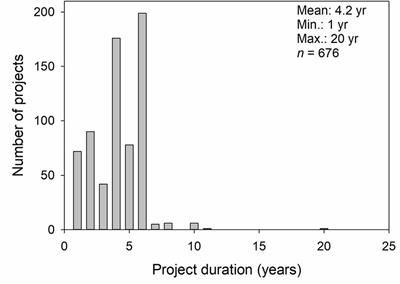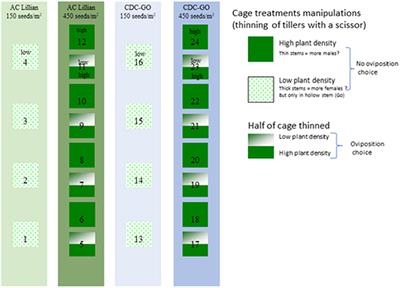REVIEW
Published on 29 Jul 2020
Impacts of G x E x M on Nitrogen Use Efficiency in Wheat and Future Prospects

doi 10.3389/fpls.2020.01157
- 7,303 views
- 59 citations
30k
Total downloads
156k
Total views and downloads
REVIEW
Published on 29 Jul 2020

ORIGINAL RESEARCH
Published on 10 Jul 2020

POLICY AND PRACTICE REVIEWS
Published on 16 Jun 2020

REVIEW
Published on 12 Jun 2020
ORIGINAL RESEARCH
Published on 10 Jun 2020

ORIGINAL RESEARCH
Published on 05 Jun 2020

REVIEW
Published on 27 May 2020

ORIGINAL RESEARCH
Published on 27 May 2020

ORIGINAL RESEARCH
Published on 15 May 2020

ORIGINAL RESEARCH
Published on 28 Apr 2020

ORIGINAL RESEARCH
Published on 31 Mar 2020

ORIGINAL RESEARCH
Published on 05 Mar 2020

